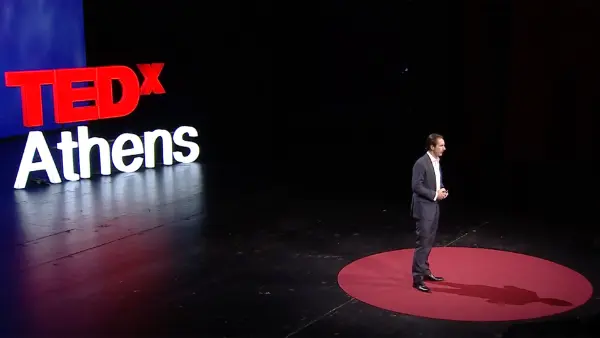Rise of the Nanomachines: The Future of Medicine or a Tiny Terror?

Can tiny machines in our bodies save us from superbugs, or are we inviting a microscopic menace?
Nanotechnology has advanced to the point where it can puncture cancer cells and drug-resistant bacteria, revolutionizing medicine. Ana Santos, a microbiologist at Rice University, joined James Tour’s lab after her grandfather died from a drug-resistant infection. Santos is working on molecular machines — microscopic drills activated by blue light that can destroy bacteria by puncturing their membranes.
These machines, inspired by Richard Feynman's vision and K. Eric Drexler's concepts, represent a leap in medical technology. However, the potential dangers are real. Natural selection hasn’t prepared our bodies for these machines, which could be weaponized or cause unintended harm.
As we advance nanotechnology, balancing innovation with ethical responsibility is crucial. Can we harness these powerful tools to fight disease while ensuring they don’t become a new threat?
Read the full article on The New Yorker.
----
💡 We're entering a world where intelligence is synthetic, reality is augmented, and the rules are being rewritten in front of our eyes.
Staying up-to-date in a fast-changing world is vital. That is why I have launched Futurwise; a personalized AI platform that transforms information chaos into strategic clarity. With one click, users can bookmark and summarize any article, report, or video in seconds, tailored to their tone, interests, and language. Visit Futurwise.com to get started for free!








